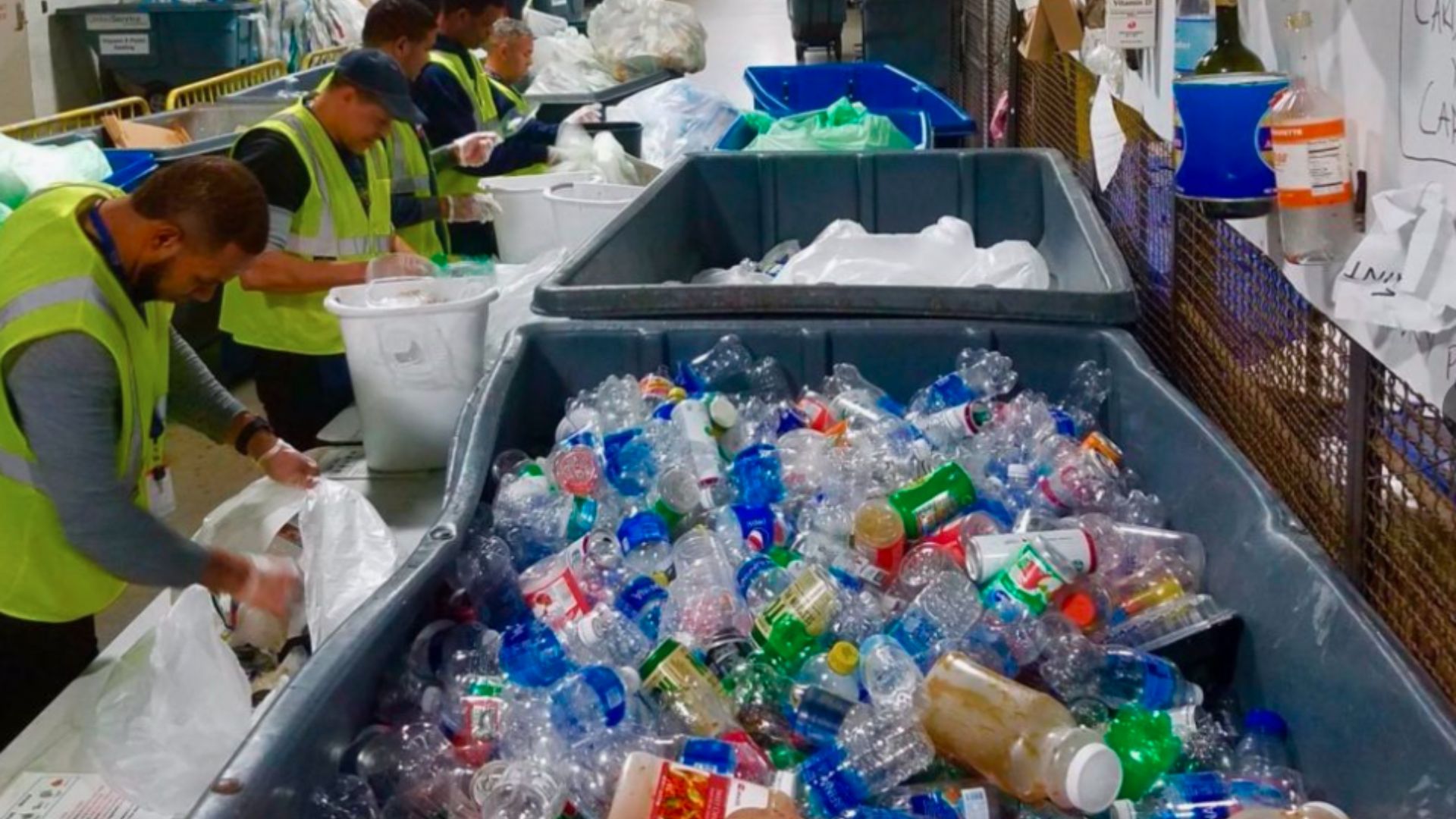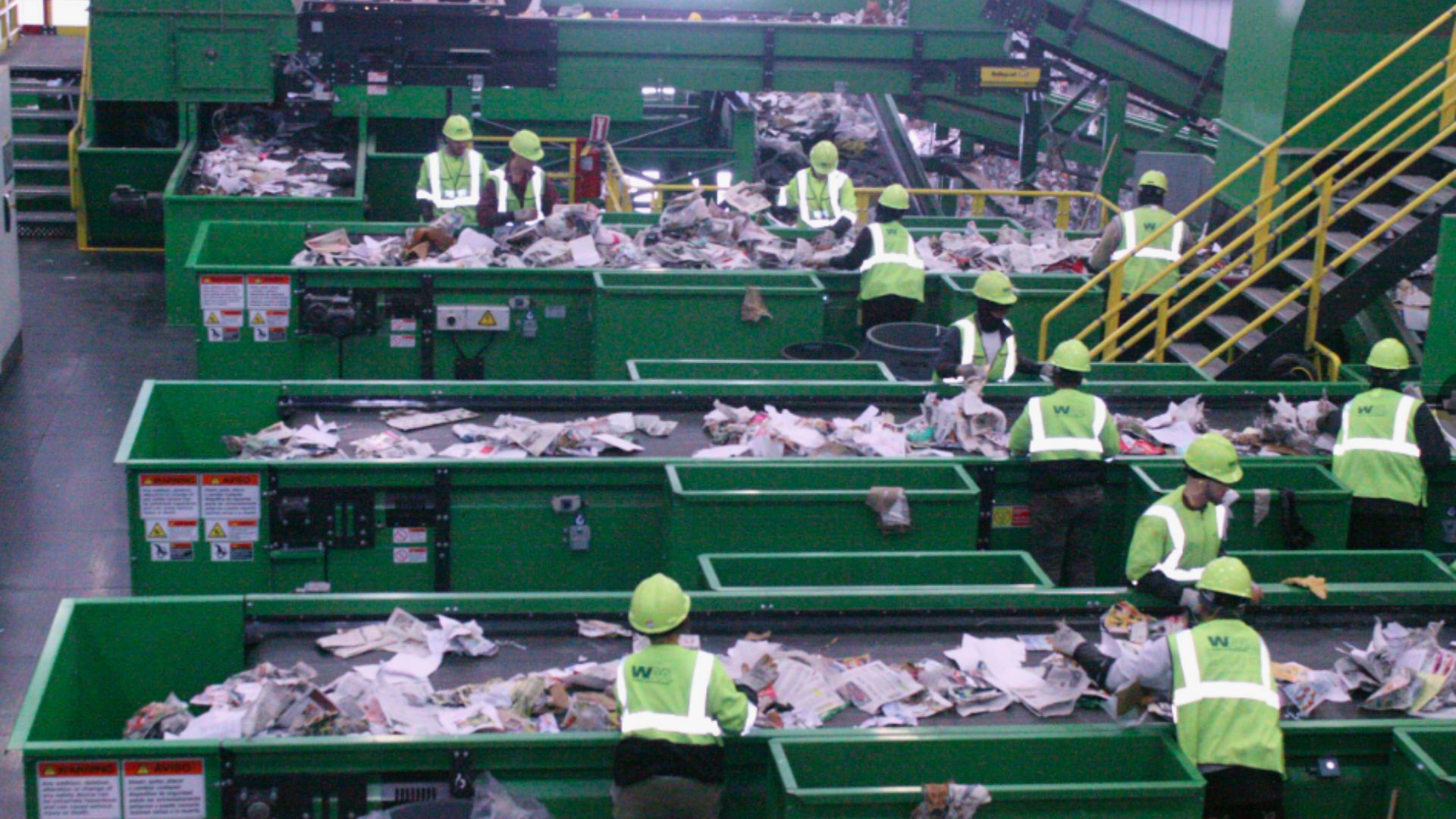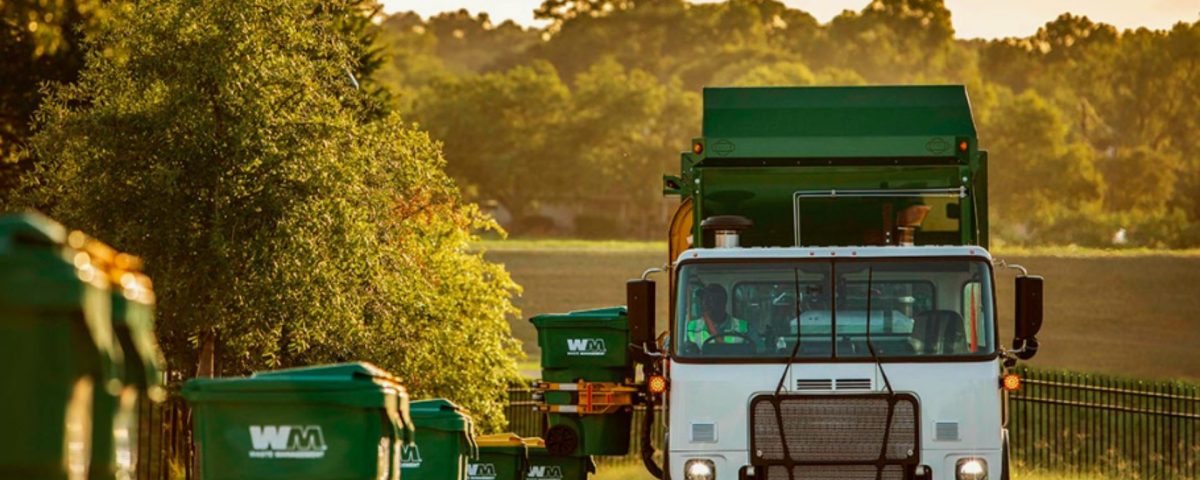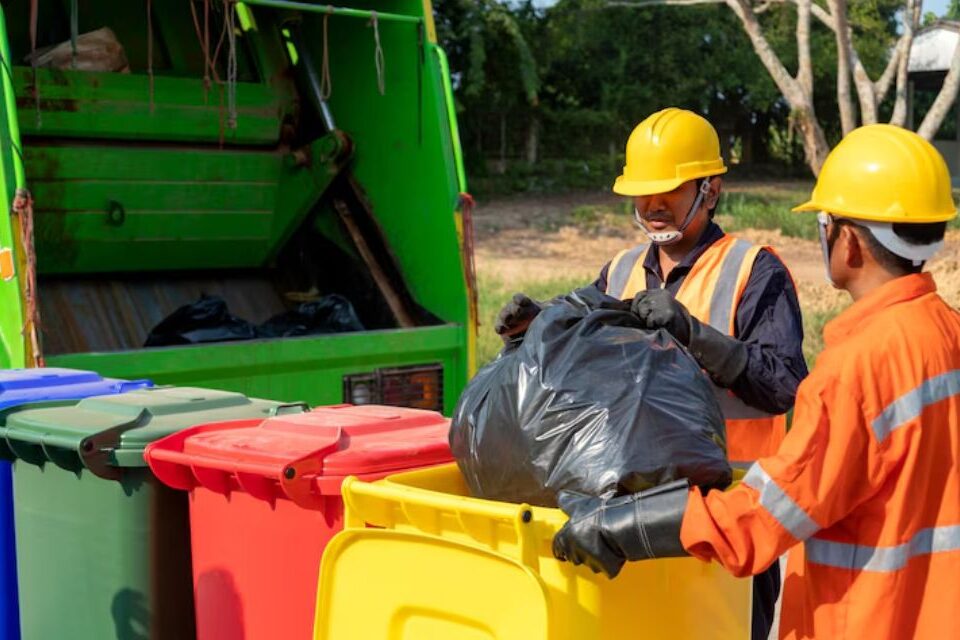- Have any questions?
- +971 50 7210729
- +971 2 2358552
- info@almerzaam.com
Preserving Paradise: Conservation Efforts and Waste Management in the UAE

Trailer Service in Abu Dhabi: Keeping Haulage Moving Smoothly
March 17, 2024
Heavy Duty Help: Reliable Truck Services for Abu Dhabi Businesses
May 9, 2024Introduction:
In the heart of the Arabian Peninsula lies the United Arab Emirates (UAE), a federation known for its sparkling cities, vast deserts, and a commitment to sustainability that has gained international attention. The UAE is an intriguing case of a nation pushing the boundaries of environmental innovation, especially in the realms of conservation and Waste Management in UAE. As it strives to balance rapid urbanization and economic development with environmental stewardship, the UAE has embarked on several ambitious projects to preserve its natural beauty and resources for future generations.

A Green Vision
The UAE’s approach to environmental conservation is deeply integrated with its national identity and vision for the future. The government has set forth comprehensive environmental policies that aim to ensure sustainable development while minimizing the ecological footprint of its cities. Central to this vision is the preservation of the country’s biodiversity, including its marine habitats, which are crucial for the local economy and ecological balance.
One of the significant steps towards this goal has been the establishment of protected areas and wildlife reserves. These zones not only safeguard the natural habitat but also foster a culture of environmental awareness through eco-tourism and educational programs. The mangrove parks in Abu Dhabi, for example, not only protect coastal ecosystems but also serve as carbon sinks, crucial in the fight against climate change.
Tackling Waste Effectively
When it comes to waste management, the UAE has recognized the urgent need for robust strategies to handle the waste generated by its rapidly growing population and booming tourist industry. The nation produces millions of tonnes of waste annually, including significant amounts of municipal waste, construction debris, and industrial waste. Recognizing the risks and opportunities in waste management, the UAE has taken proactive steps to implement a more sustainable system.
The cornerstone of the UAE’s strategy is reducing the amount of waste sent to landfills. The country has adopted advanced waste treatment technologies, including recycling and waste-to-energy facilities, which help in minimizing the environmental impact of waste. For instance, municipal waste is increasingly being segregated at source, promoting recycling and reuse.
Moreover, the UAE has launched initiatives to cut down on single-use plastics, which are a significant source of marine and land pollution. These measures not only aim to reduce the immediate environmental impact but also encourage a shift towards a more sustainable lifestyle among residents and visitors alike.
Innovative Approaches to Sustainability
The UAE’s commitment to conservation and waste management is also evident in its innovative approaches to tackling environmental challenges. The use of cutting-edge technologies like artificial intelligence and blockchain to manage waste more efficiently and transparently is a testament to the nation’s forward-thinking strategies. These technologies help in tracking waste streams, optimizing collection routes, and significantly reducing operational costs and environmental impact.
Additionally, the country is investing in renewable energy projects to reduce its dependence on fossil fuels, thus lowering the environmental impact associated with energy production. Solar power projects, like the Mohammed Bin Rashid Al Maktoum Solar Park, not only contribute to energy needs but also reduce the carbon footprint associated with conventional waste management practices.
Community Engagement and Education
Understanding that sustainable change requires community involvement, the UAE places a strong emphasis on education and public engagement. Through various campaigns and initiatives, the government encourages citizens and residents to adopt more environmentally friendly practices in their daily lives. Schools and educational institutions across the country integrate environmental studies in their curricula, fostering a new generation of eco-conscious individuals.

Conclusion
The UAE’s journey towards sustainability is a model of how modernization and environmental conservation can go hand in hand. By integrating advanced technologies, stringent policies, and community engagement, the country is not just managing its waste better but is also enhancing its natural landscapes, preserving its unique biodiversity, and ensuring a sustainable environment for future generations. The story of the UAE’s conservation efforts and waste management strategies serves as an inspiring blueprint for nations worldwide, highlighting the critical balance between development and sustainability.


